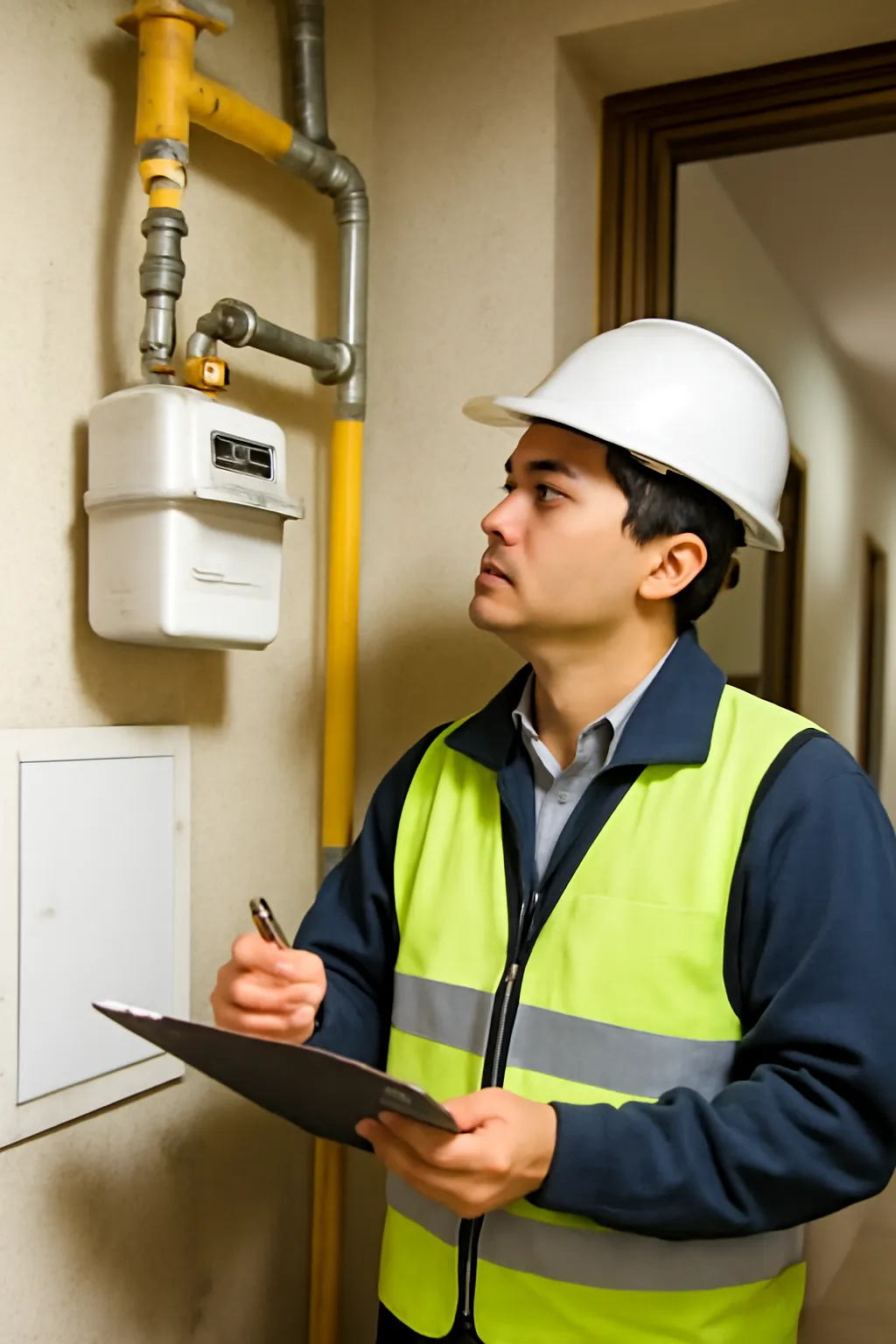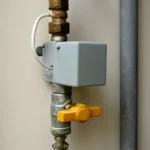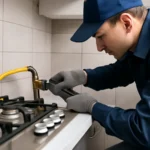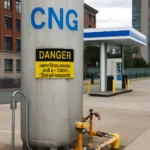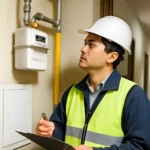Why is city gas inspection so crucial? What are the inspection cycles, costs, and your obligations? Find out everything you need to know about city gas safety and inspections, including the consequences of skipping one.
Gas safety is an essential part of maintaining a secure home or business environment. City gas inspection plays a significant role in ensuring that the gas lines, appliances, and meters in your property are functioning safely and efficiently. Regular inspections can prevent accidents and costly repairs. Here’s everything you need to know about city gas inspection, its cycles, and your obligations.
Understanding City Gas Inspection
City gas inspections are critical in maintaining the safety of gas systems within residential and commercial buildings. These inspections ensure that the gas supply is secure, appliances are functioning correctly, and there are no potential hazards that could lead to gas leaks or explosions.
What Does a City Gas Inspection Include?
A city gas inspection typically covers the following:
-
Gas Line Condition Inspectors check the integrity of gas pipes to ensure there are no leaks or damage.
-
Gas Meter Check The meter is examined to make sure it’s operating correctly and accurately measuring the gas usage.
-
Appliance Inspection Devices like stoves, heaters, and water heaters are reviewed to confirm they are functioning safely and not emitting dangerous gases.
-
Ventilation System Check Proper ventilation is crucial for safe gas usage, so the inspector will ensure exhaust systems are clear and working.
This inspection is designed to prevent potential risks such as gas leaks, which can lead to carbon monoxide poisoning or even explosions.
Why Is a City Gas Inspection Important?
City gas inspections are vital for protecting both human lives and property. Regular inspections help in:
-
Identifying Potential Hazards Early Gas leaks can be dangerous, and the inspection helps in detecting any problems before they escalate.
-
Ensuring Compliance In many regions, city gas inspections are mandatory, and regular checks ensure you comply with local regulations.
-
Cost Savings Timely inspections can prevent costly repairs by addressing small issues before they become major problems.
If you are unsure about the safety of your gas system, requesting a city gas inspection can give you peace of mind and prevent serious accidents.
How Often Should City Gas Inspections Be Done?
In most areas, gas inspections are required periodically. The cycle of inspections depends on local regulations, the age of the property, and the condition of the gas system.
City Gas Inspection Cycle and Requirements
The frequency of city gas inspections varies based on several factors. However, certain guidelines help homeowners and businesses maintain a safe gas system.
Standard Inspection Cycle
-
Residential Buildings Typically, inspections are required every 2 to 3 years. For homes using natural gas, a safety check is essential to ensure there are no gas leaks or faults with the appliances.
-
Commercial Properties Businesses may be required to undergo more frequent inspections depending on the complexity of the gas system. Commercial establishments that use gas for cooking or heating often require annual inspections.
-
High-Risk Areas Areas with a history of gas leaks or regions with older infrastructure may require more frequent inspections to mitigate potential risks.
Is a City Gas Inspection Mandatory?
Yes, in many areas, city gas inspections are mandatory, especially for residential properties. Failure to comply with this requirement can lead to penalties or disconnection of gas services. Property owners are responsible for ensuring that inspections are carried out on time, and some regions may even penalize property owners who fail to schedule inspections within the required timeframe.
For instance, in some countries, failing to get a city gas inspection could lead to a fine or increased service charges. Additionally, it may result in gas service disconnections until the inspection is completed.
What Happens if You Miss a City Gas Inspection?
Missing a scheduled city gas inspection can have serious consequences. Beyond the fines and service interruptions, delayed inspections may increase the risk of gas-related accidents. It’s also possible that in some regions, if you delay your inspection, your gas utility provider could stop supplying gas to your home until you meet the inspection requirements.
City Gas Safety Inspection: Best Practices and Cost
City gas safety inspections focus on the condition of your gas appliances and the overall system’s safety. These inspections include a thorough review of your gas lines, meters, appliances, and safety features.
How Much Does a City Gas Inspection Cost?
The cost of a city gas inspection can vary depending on location and the complexity of the system being inspected. On average, the cost of a standard city gas inspection can range between $50 to $150. Some providers may charge additional fees for more detailed checks or to cover travel expenses, especially if you live in a remote area.
However, it’s important to note that while the inspection fee may seem like an extra cost, the potential savings in avoided repairs and the prevention of accidents make it a worthwhile investment. Gas leaks, if left unchecked, can lead to costly damages or health risks, which could far outweigh the cost of a routine inspection.
Self-Inspection vs Professional Inspection
While some homeowners might consider conducting a self-inspection of their gas system, it’s important to note that self-inspections cannot replace professional checks. A trained gas inspector can identify issues that a non-expert might miss.
For example, even though you might be able to visually inspect for gas leaks, an inspector uses specialized equipment to detect gases that may be undetectable to the human senses. In some cases, regions offer “autonomous inspections,” which allow property owners to perform the inspections themselves using tools provided by the gas company. However, this option is usually available only to those with proper training.
How to Prepare for a City Gas Inspection
Preparation for a gas inspection ensures that the process goes smoothly and minimizes any delays. Here are some steps to consider:
-
Clear Access to Gas Meters and Appliances Make sure that the gas meter and all gas-powered appliances are easily accessible for the inspector.
-
Check for Leaks If you smell gas, report it immediately before the inspector arrives.
-
Ensure Safety Precautions If there are any gas-powered appliances, make sure they are turned off before the inspection begins.
Conclusion
City gas inspections are a crucial part of maintaining a safe and functional gas system. Regular inspections not only ensure compliance with local regulations but also protect your home and loved ones from potential hazards. By understanding the importance of gas inspections, following the required inspection cycles, and staying proactive about maintenance, you can avoid costly repairs and ensure that your property remains safe from the dangers of gas leaks.
“Safety doesn’t happen by accident.” Make sure your gas system is inspected regularly and stay protected.

